By Brent Thompson
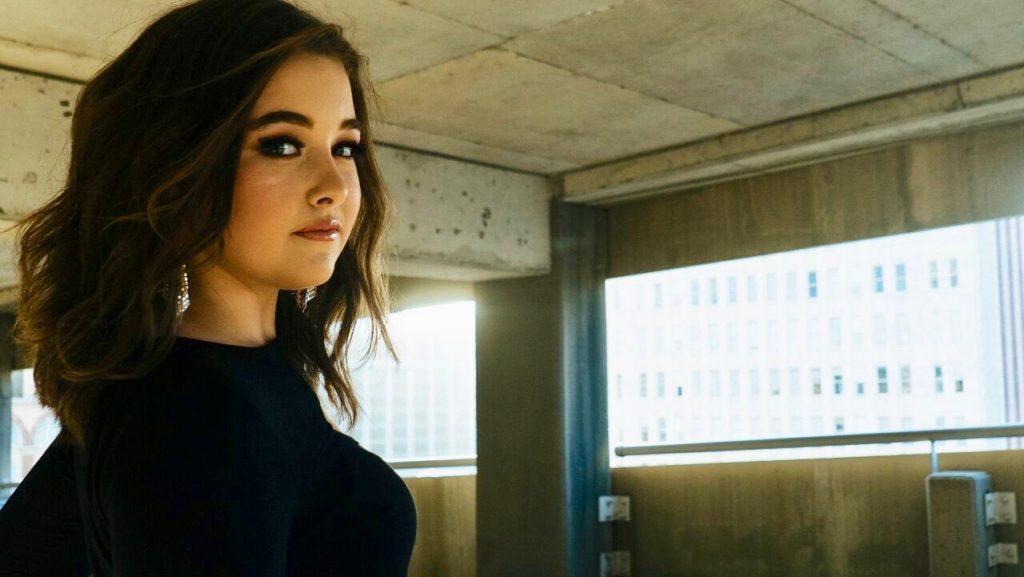
Photo Credit: Sean Kirby
With the flood of national touring acts performing in Birmingham on a regular basis these days, it can be easy to overlook our talented, local artists that are recording and performing original music. Anna Grace Beatty is a local artist that is about to step to the front-and-center both literally and figuratively. For the past few years, the singer/songwriter with a sound that belies her 16 years of age has been honing her craft and writing songs at a furious pace. On Friday, October 12, Beatty will release her EP Burns You Up. The record’s first single, “Ain’t No man,” has been receiving airplay on Birmingham Mountain Radio. That same night, she will perform at a record release show at WorkPlay. The show – featuring Rachael Roberts and Chelsey Whild – will benefit Girls Rock Birmingham, a nonprofit program that helps young girls grow as individuals and artists. Recently, Beatty spoke with us by phone from her Birmingham home.
Birmingham Stages: Anna Grace, thanks for your time. If you will, talk about the writing and recording of Burns You Up.
Anna Grace Beatty: It’s been a pretty long process. I’ve been writing for two and a half to three years and I started out with a very different sound than I have now. I love writing and I used to write three hours a day – it’s kind of an obsession for me. The oldest song would have been written a year ago in February – that particular song is called “Livin’ The Dream” – and I think we recorded it four times. Some of the songs were written pretty recently toward the beginning of this year. Some of them are old, some of them are newer and we just pulled them all together and tried to get a group that was cohesive.
Birmingham Stages: When you are writing, do you ever take pieces from one song and attach to another idea or song?
Beatty: Yes, I do a lot. I usually start with lyrics and, if I have a lyrical hook, I’ll try to compile some ideas that work with that idea. Once I have a pretty solid body of work, I’ll sit down with it and start piecing some things together. A lot of times that makes the original idea evolve and change a lot, so it ends up a total 180 of what I thought it would be when I started. It’s a really crazy process and you have to give it time.
Birmingham Stages: How are you able to balance the time demands of your career and school?
Beatty: I homeschool and I will be graduating high school in December. I am getting high school and college credit for my classes. The deal that I have with my parents is that I’ll get halfway through college and do two years and that way I’ve done some of the work ahead of time. I’ve been doing that for a year now. It’s been really nice to get credit in both departments and I’m thankful to have the flexibility.
Birmingham Stages: As an artist, how do you view the climate these days? Technology has allowed for easier accessibility to listeners but it also seems you are required to wear a lot of hats.
Beatty: I love being indie and I want it to stay that way for as long as possible because I love having a hand in everything. I don’t want to say that I’m a control freak, but I want to make sure everything is done right [laughs]. I love every aspect of the process – the business, the studio, everything. I want to be as much a part of it as I can be. You’re not beholden to anybody and I like that. You can make a genuine connection with people and don’t have a bunch of middlemen. There is definitely a flip side – anyone can make an iPhone voice memo, put it on the internet and call it a record. It’s a catch-22. I went to a studio with a producer and we spent 18 months on this EP. I strongly believe in that because I like the collaborative nature and I think it produces better results.
Birmingham Stages: Even though anyone can record and distribute an album without the help of a label, it seems that you still have to tour behind the music and make a connection with an audience.
Beatty: Absolutely. Right now, making records is an investment in your career – you’re not going to see a lot of return on it because of the streaming climate. I think there will be a correction in that department – the industry realizes that the model is not going to be sustainable for the long term. But, as of right now, there are a lot of people that are great writers and singers but there are so many little pieces to being an artist. People can peg genuine and they see the way you treat people and it’s immediately visible to anybody.
Birmingham Stages: If you will, talk about Girls Rock and its mission.
Beatty: Girls Rock puts on summer camps for girls ages 9 to 16 to teach them how to be female artists, which is another thing we could have a six-hour conversation about. It’s hard to be a young artist and a female artist at the same time. They take the girls, form bands and each band writes a song and they do a showcase at the end of the week. I think the last [showcase] was at Saturn and they’ve done it at WorkPlay before – it’s always at a nice club or venue here. They teach them stage presence, help them design logos and screen print t-shirts and talk about fashion. They teach them about all aspects of the business and how to navigate it as a young girl. I’m really glad Birmingham has something like it.
Birmingham Stages: With the challenges facing female artists, there seems to be a heightened awareness of those challenges in the industry. The acknowledgment is hopefully a step in the right direction.
Beatty: I totally agree. It’s just like the streaming model – I think there is a correction happening because the mindset has to be changed. Obviously, that takes a really long time because it’s changing the way people think but I think it’s happening. Awareness is being built through programs like Girls Rock. It’s slow growth but I think it’s happening and I’m very excited to be a part of that wave.
Anna Grace Beatty EP Release Show, benefiting Girls Rock Birmingham, will take place on Friday, October 12 at WorkPlay. Rachael Roberts and Chelsey Whild will open the 7 p.m. all-ages show. Advance tickets are $8 and can be purchased at www.workplay.com.
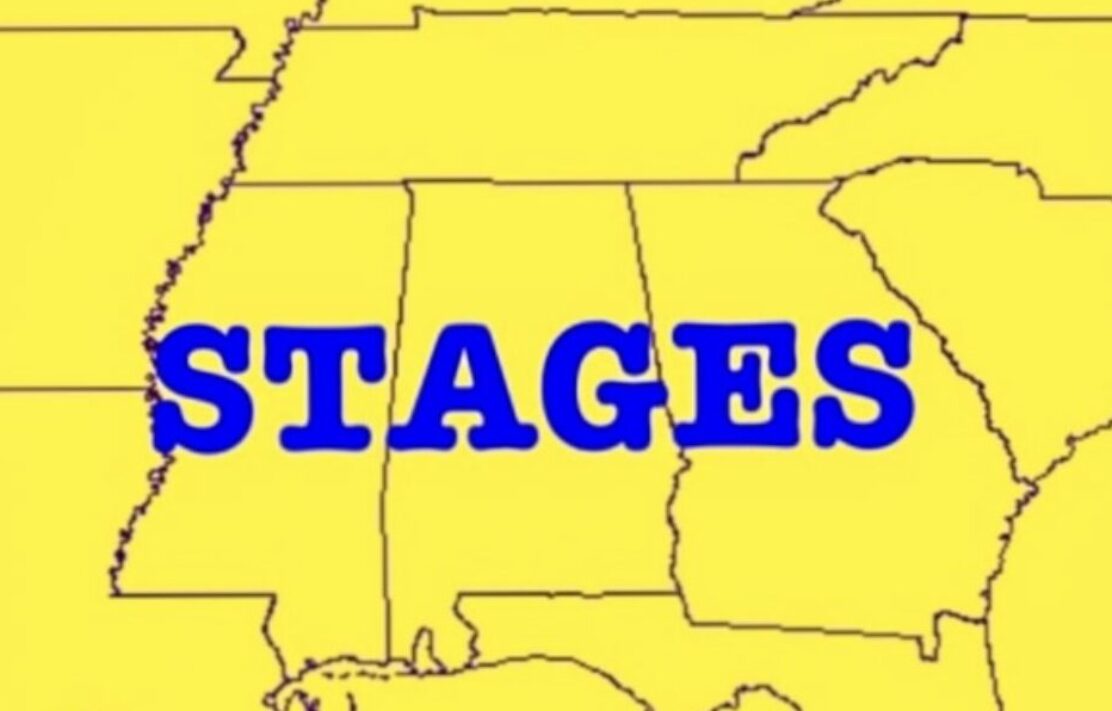
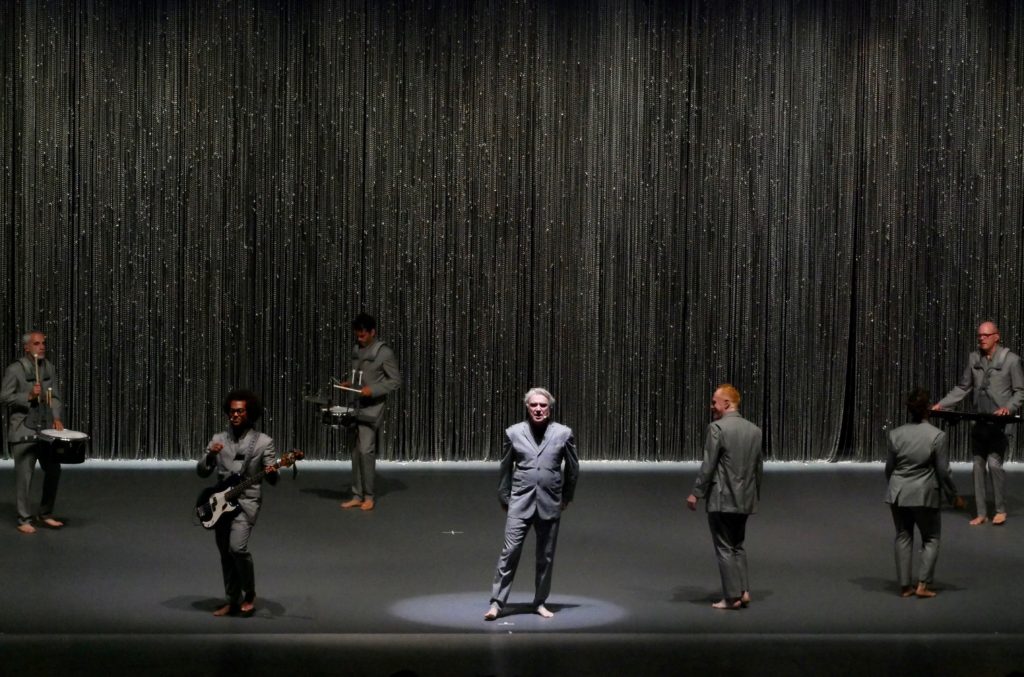
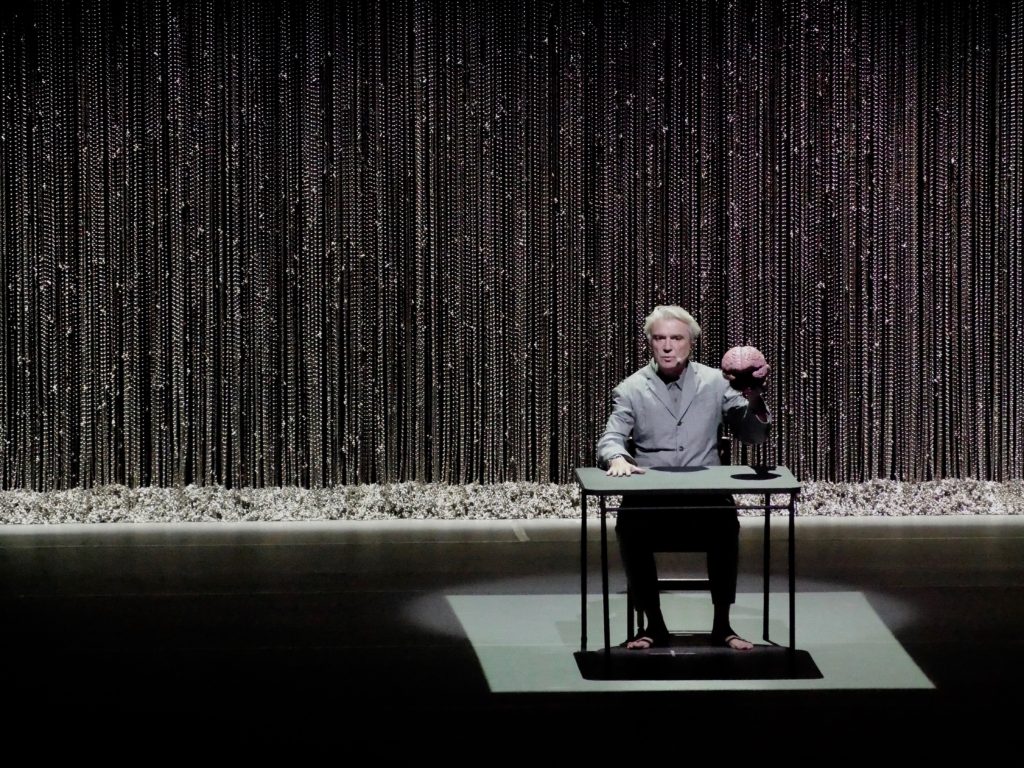
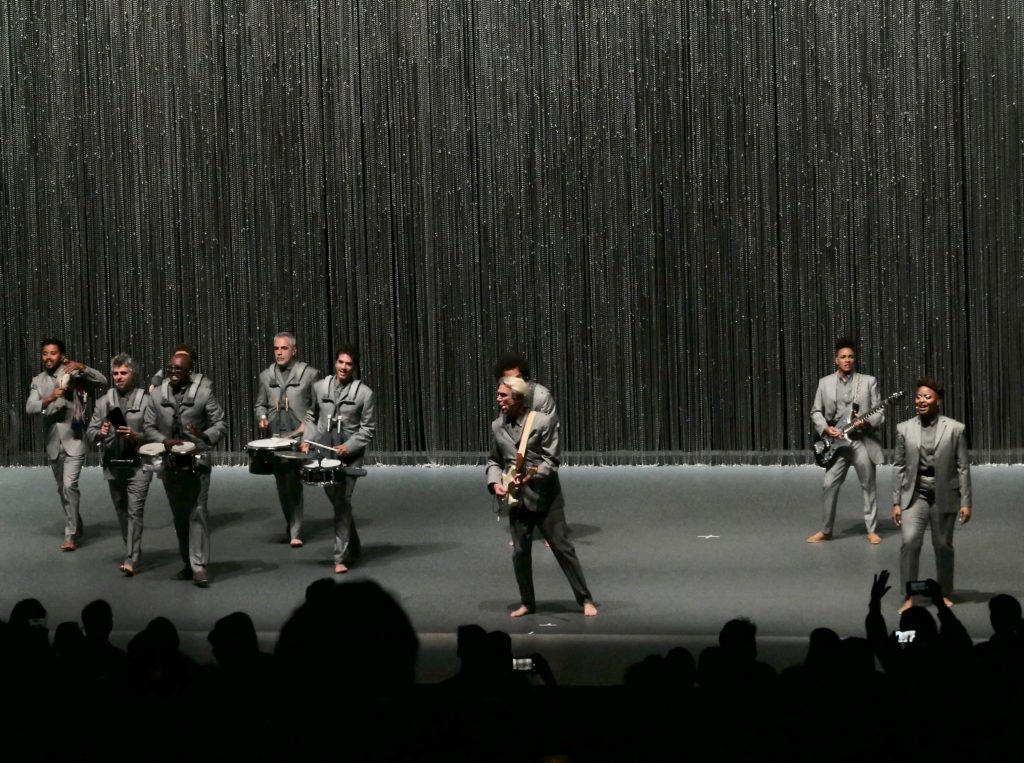
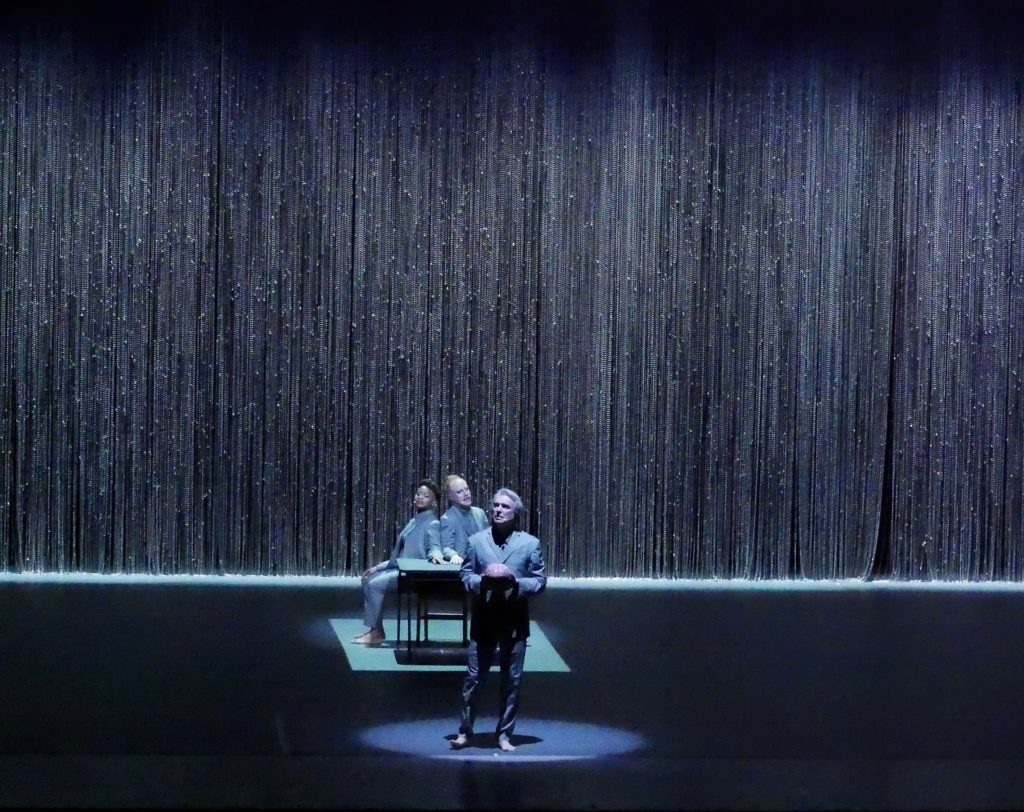
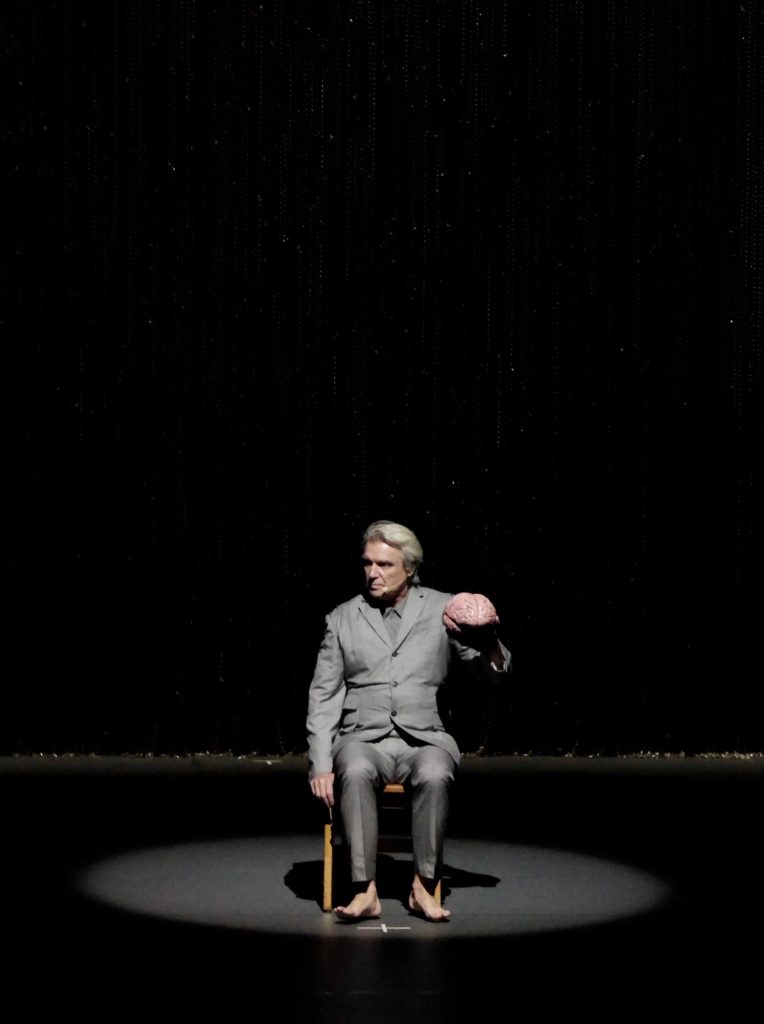
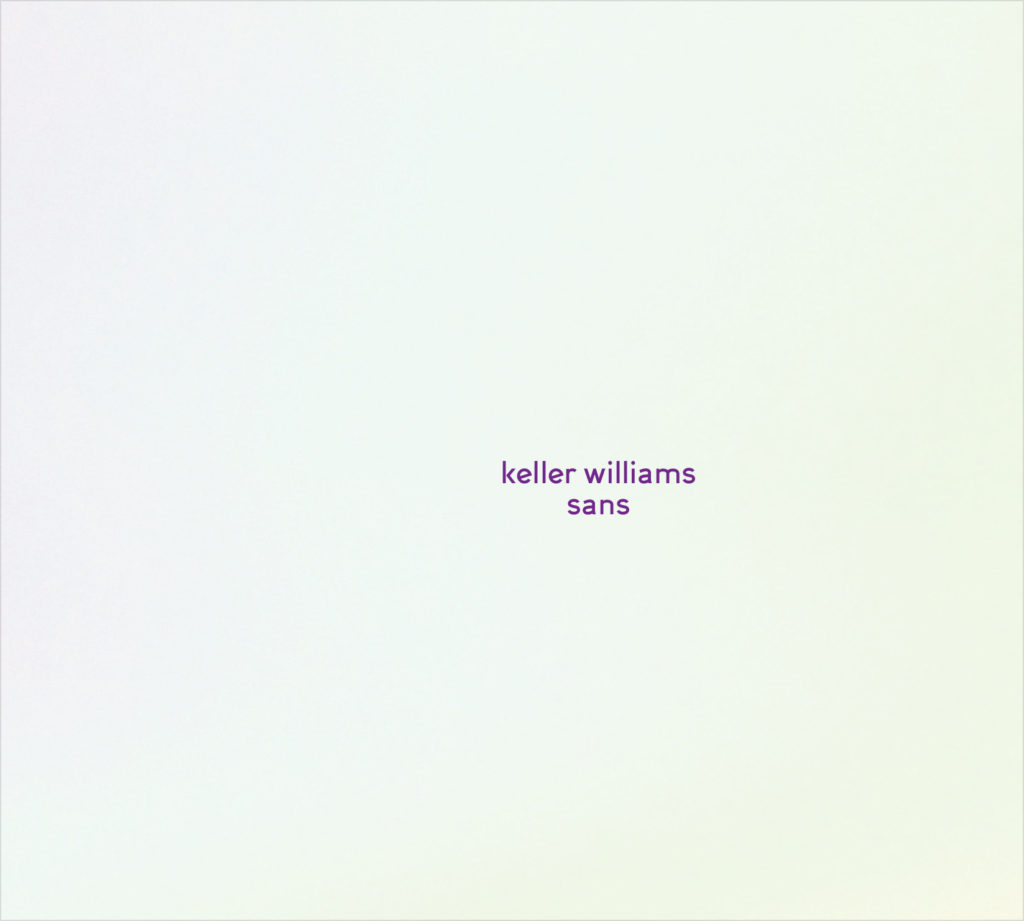
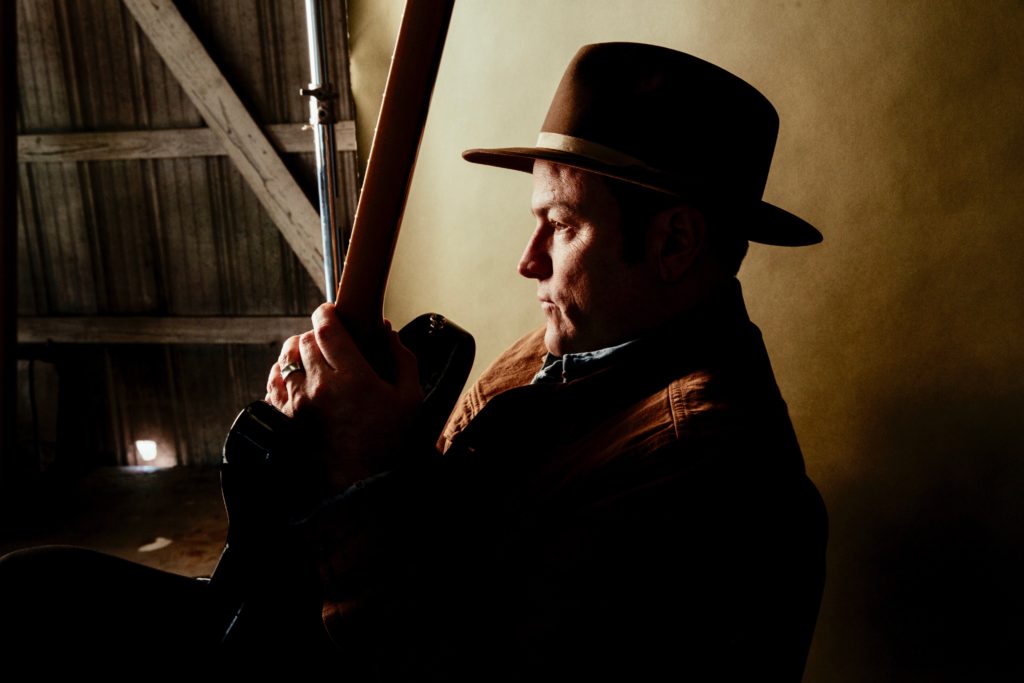
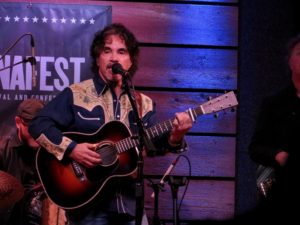
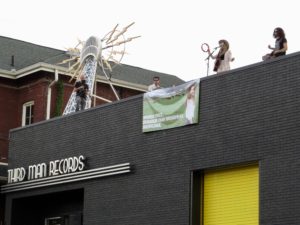
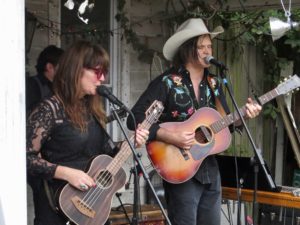
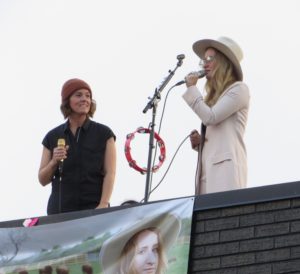
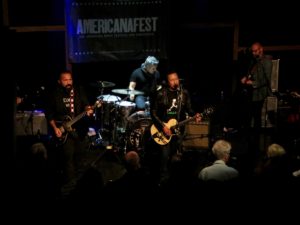
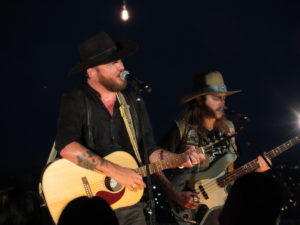
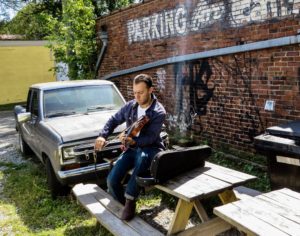
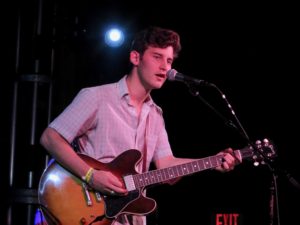
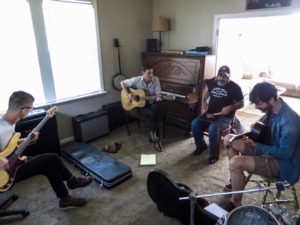
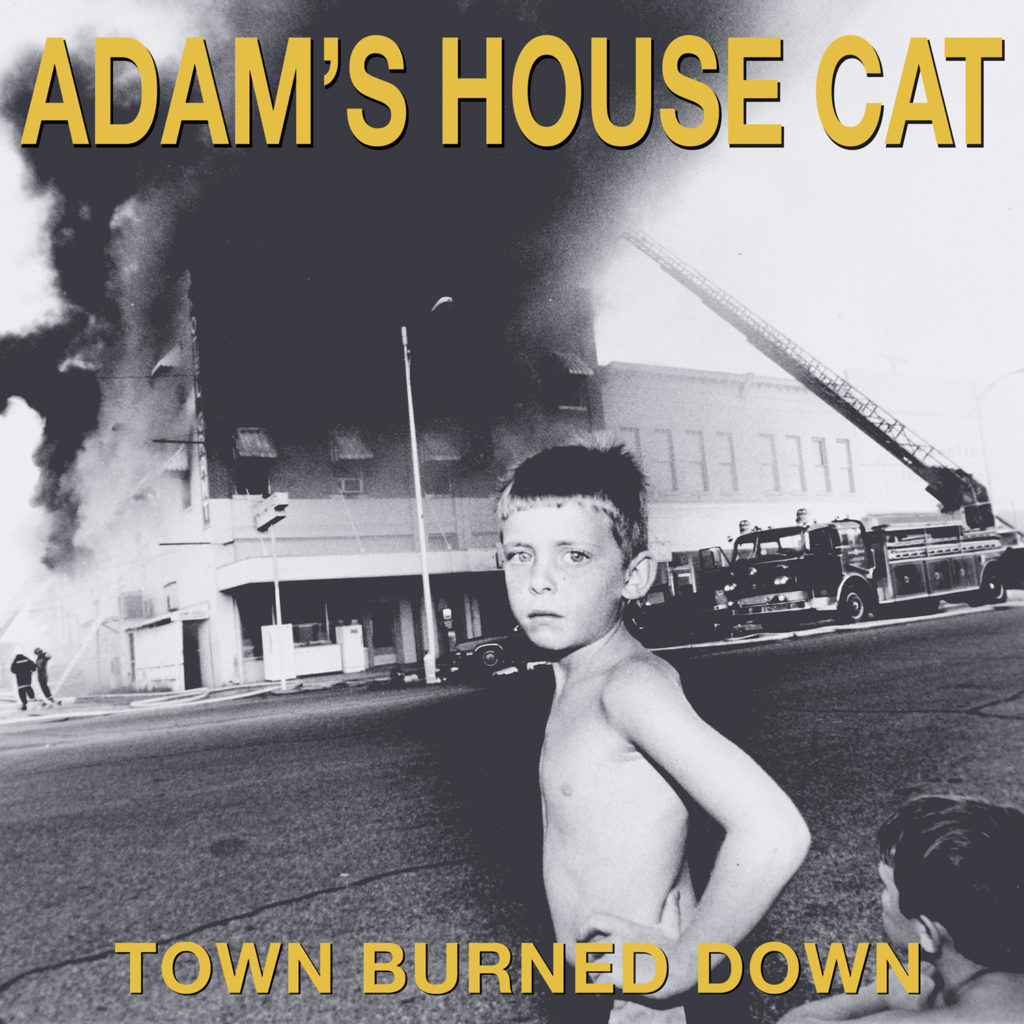
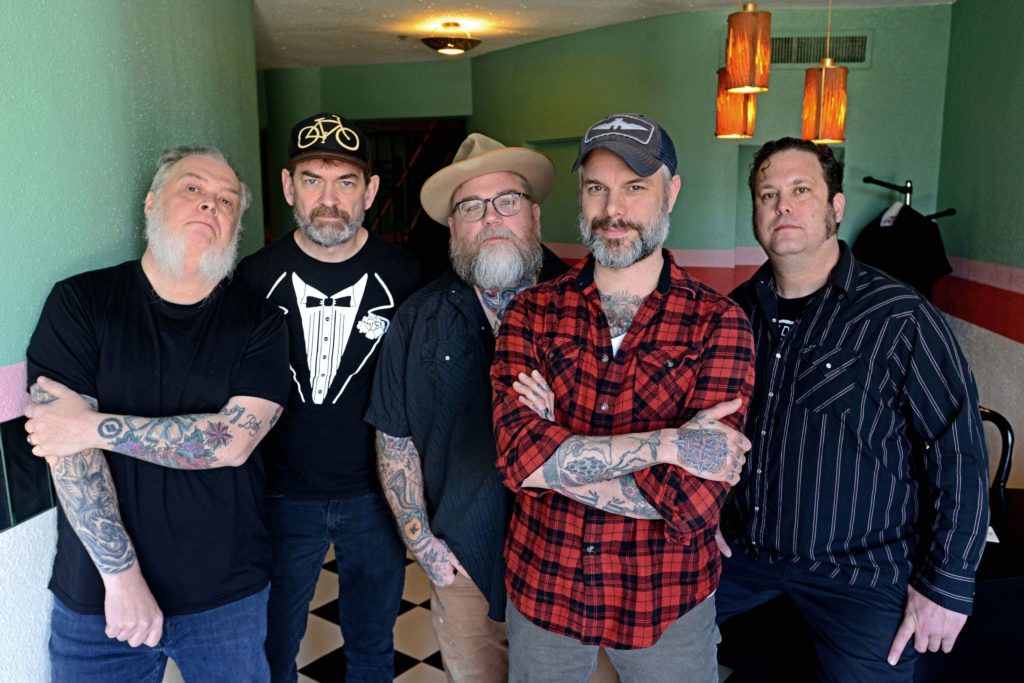

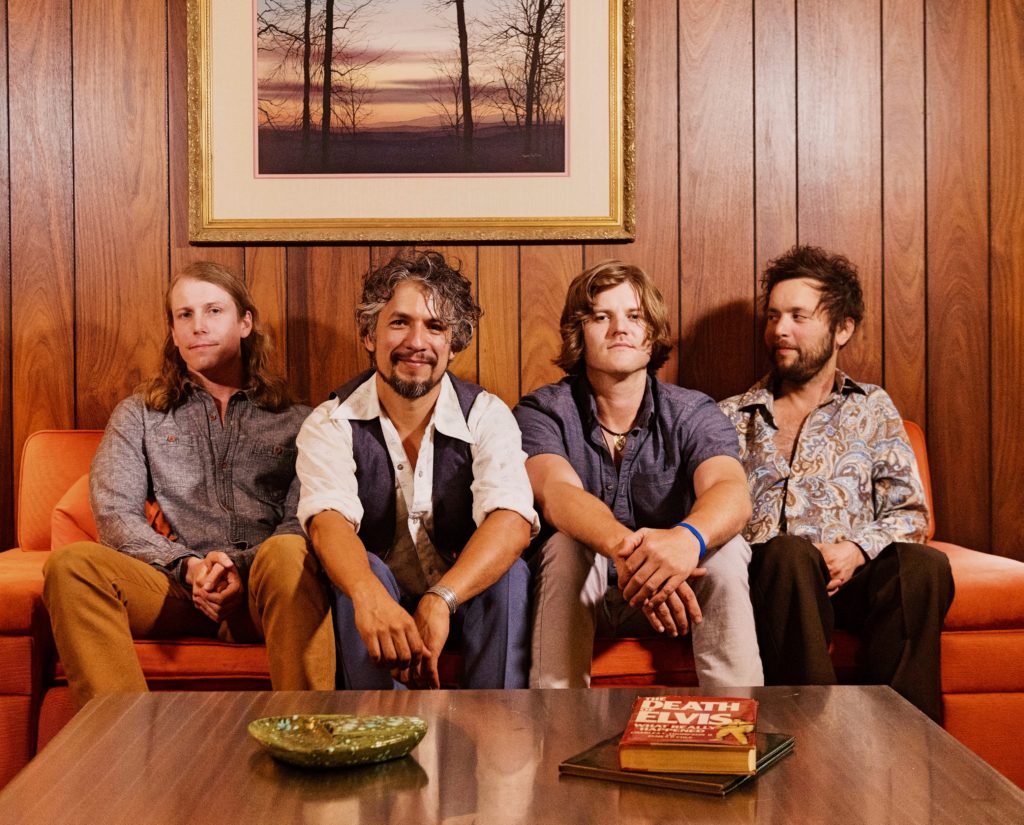
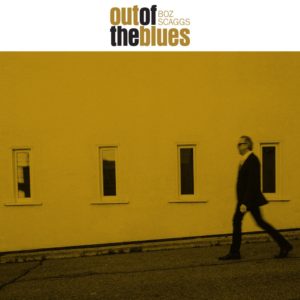 always held has fascination. On the heels of the Steve Jordan-produced albums Memphis and A Fool to Care comes Boz’s latest, Out Of The Blues [Concord Records]. The nine-track collection mixes original material with songs by Jimmy Reed and longtime Scaggs cohort Jack Walroth. One unlikely cover that Scaggs makes his own is Neil Young’s “On The Beach.” Always holding the respect of other musicians, Scaggs surrounds himself with crack players including Doyle Bramhall II, Ray Parker, Jr., Charlie Sexton and Willie Weeks – among others – on the recording. If you’re only association with Boz is “Lowdown” and “Jojo,” then Out Of The Blues may not be your bag. But if you want to hear a seasoned artist playing timeless music, then this is the album for you.
always held has fascination. On the heels of the Steve Jordan-produced albums Memphis and A Fool to Care comes Boz’s latest, Out Of The Blues [Concord Records]. The nine-track collection mixes original material with songs by Jimmy Reed and longtime Scaggs cohort Jack Walroth. One unlikely cover that Scaggs makes his own is Neil Young’s “On The Beach.” Always holding the respect of other musicians, Scaggs surrounds himself with crack players including Doyle Bramhall II, Ray Parker, Jr., Charlie Sexton and Willie Weeks – among others – on the recording. If you’re only association with Boz is “Lowdown” and “Jojo,” then Out Of The Blues may not be your bag. But if you want to hear a seasoned artist playing timeless music, then this is the album for you.